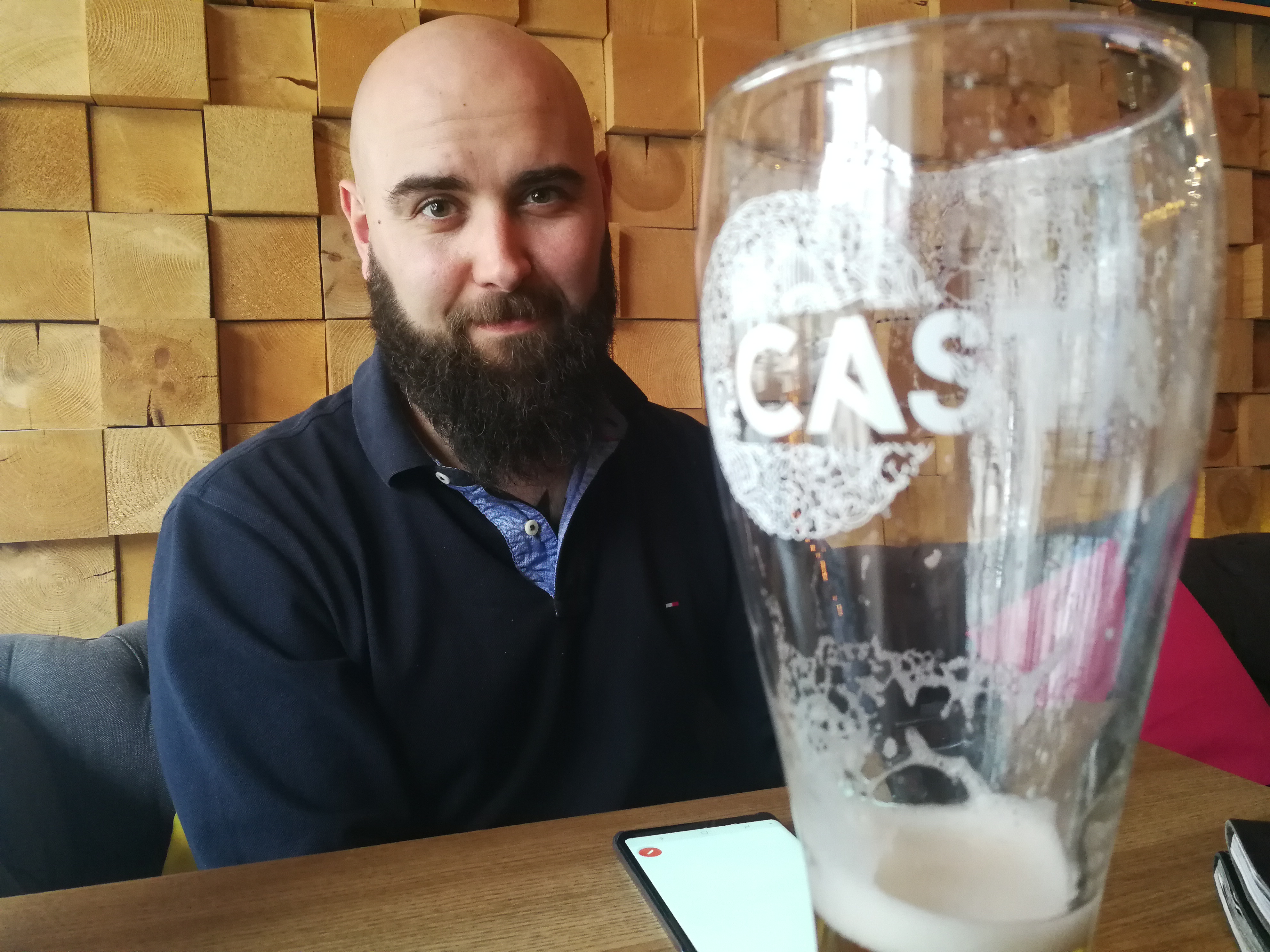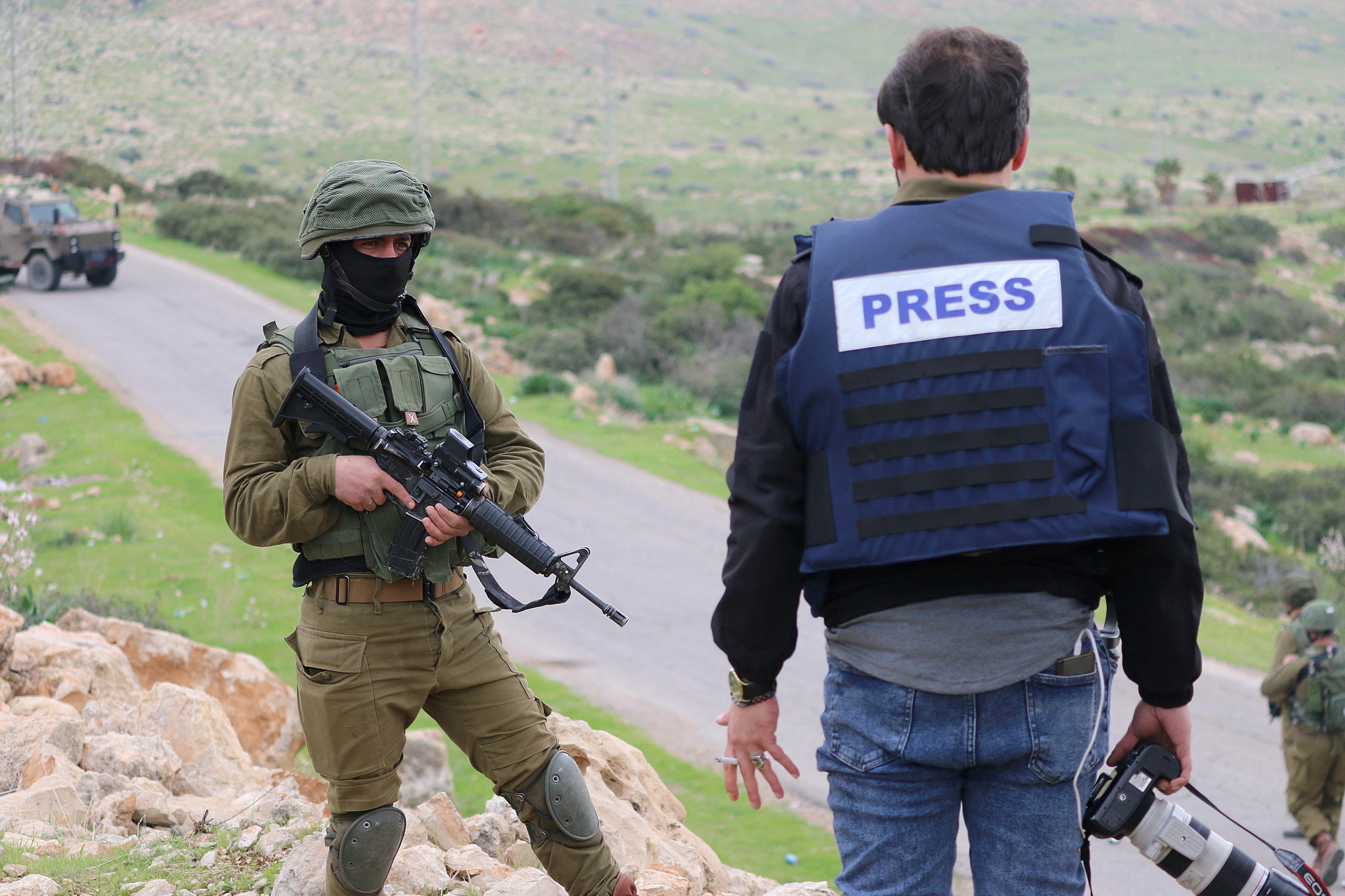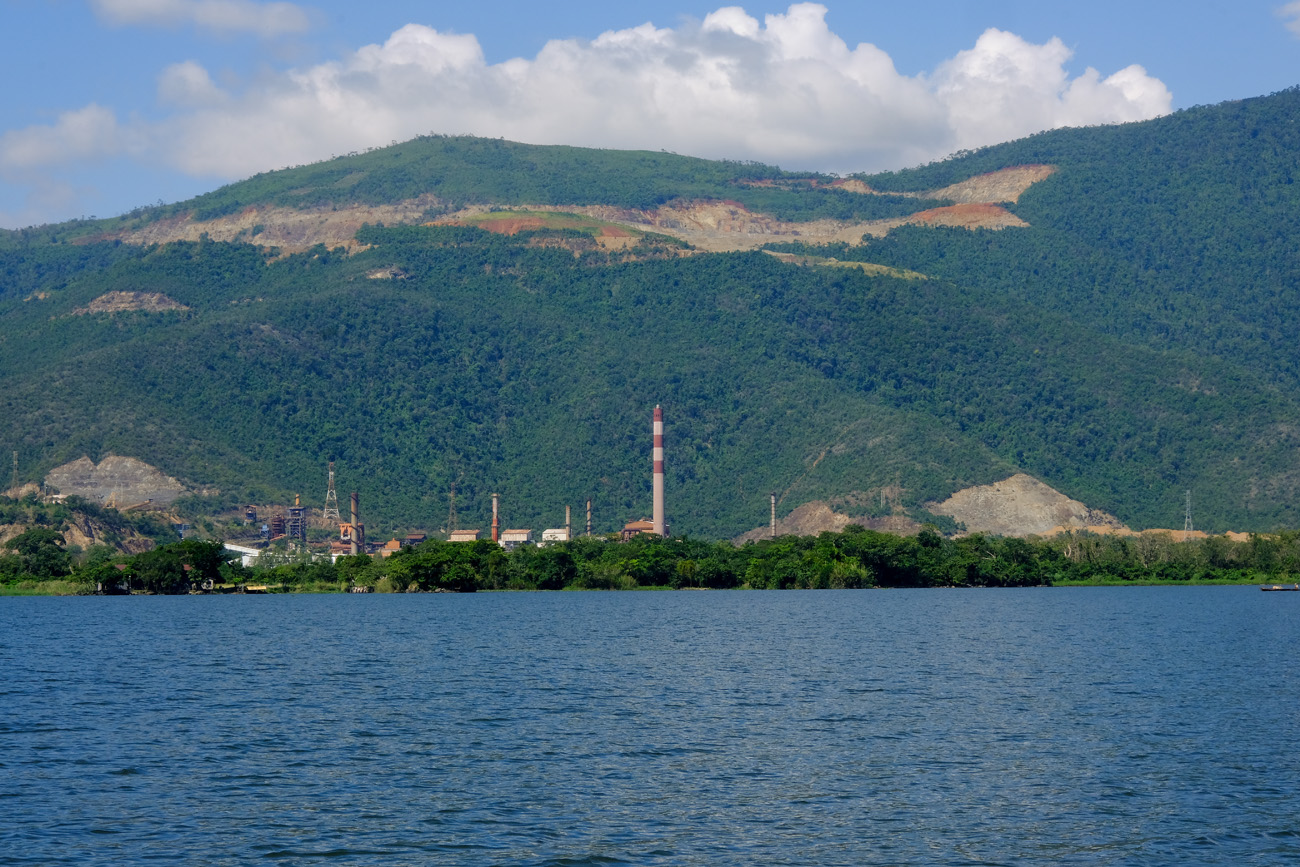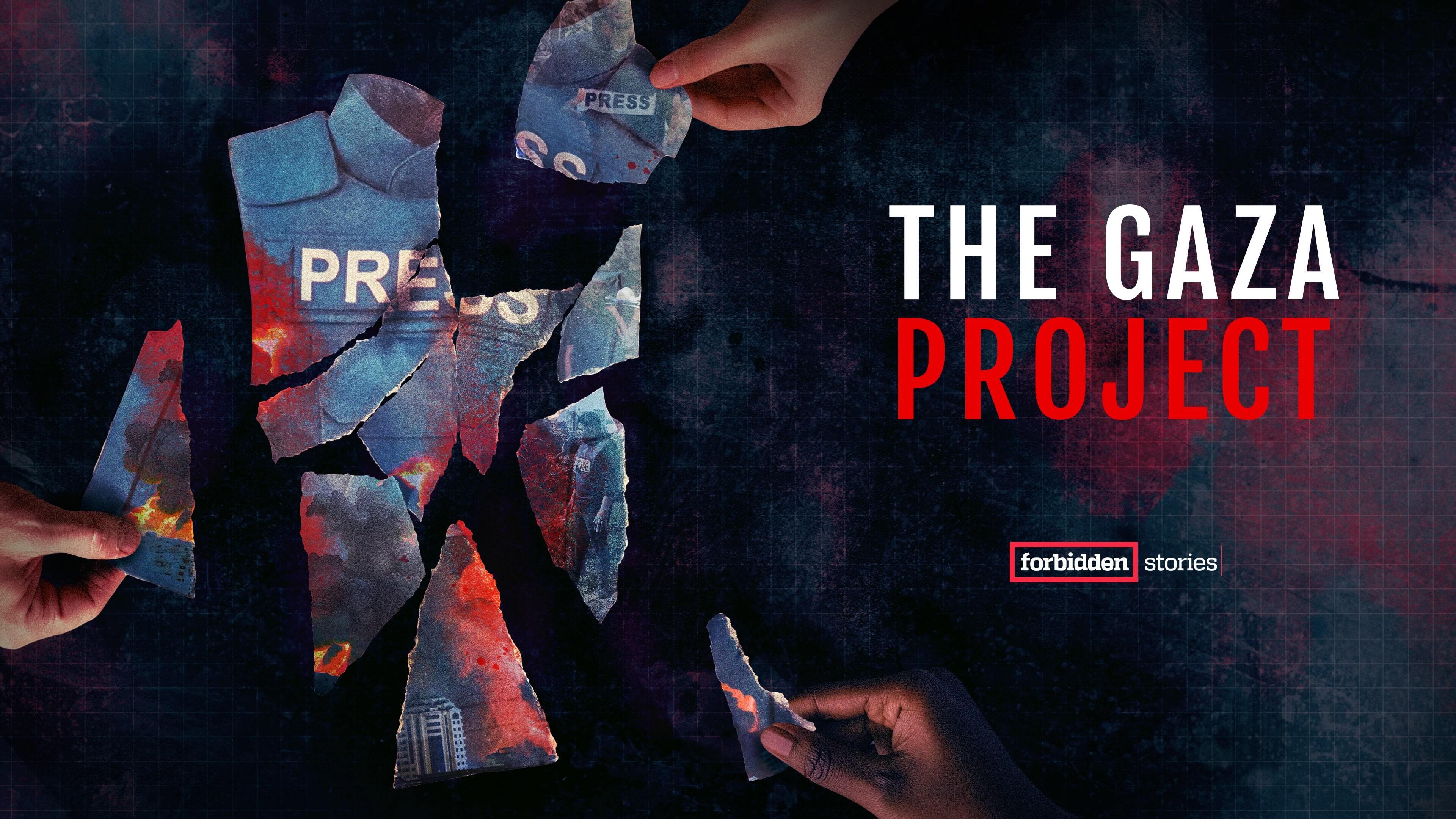The French Journalists' Union denounces that during the G7 summit the right to press was violated
- The French Journalists’ Union (SNJ) has taken the floor to denounce the persecution to which journalists have been subjected when referring to the restrictions and prohibitions surrounding the G7 meeting.

"Should journalists stop monitoring certain facts or get used to acting in a standardised way and not informing the public? he wondered, concerned about the police persecution suffered by journalists during the G7 summit.
Several journalists have said that they have been "hampered" by their actions and that in some cases they have been considered suspects by the police. “Disproportionate controls, seizure of protective equipment, long and humiliating checks, unrecognised international press cards… testimonies and audio-visual tests support the reprehensible attitude of the security forces towards journalists,” he says. They have denounced that the Police has acted with total impunity.
The journalists in this house, who have travelled to the spot to follow up on the G7 counter-summit, have witnessed police persecution: they have been identified and paralysed on 11 occasions in roadside checks, they have required protective equipment, they have recorded cars and they have even been seized for a long time.
As the Trade Union is co-author of the “Guide for the Defense of Journalists”, they report that it will be in addition to any lawsuit filed against these facts.
Varsoviako Barrutiko Auzitegiak argudiatu du González jada ez dagoela Polonian, eta ezin dutela jakin noiz aterako den Errusiatik. Auzitegiak ez du kazetari nabarniztarraren aurkako bestelako prodezurarik abian jarriko.
Osasun artak biltzen ari da Pablo Gonzalez Moskun une honetan. Joan den astean, Poloniako Radomgo segurtasun handiko espetxetik atera zen kazetaria bi urte eta bost hilabeteko preso egon ondoan. Poloniak leporatzen zion espioitza frogatu gabe libre atera da.






















